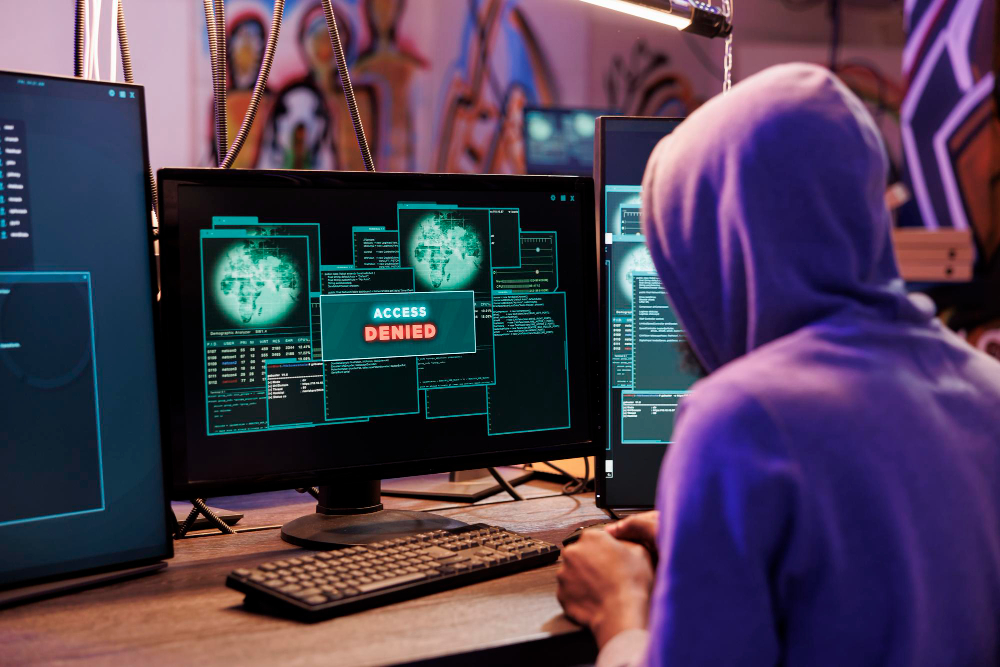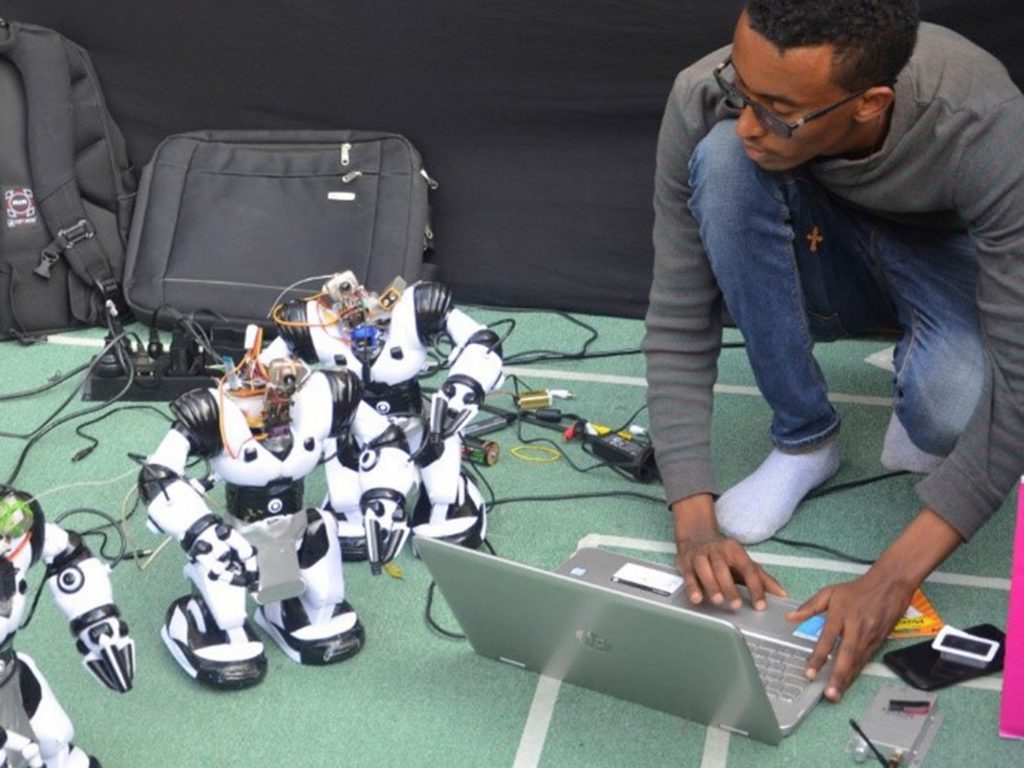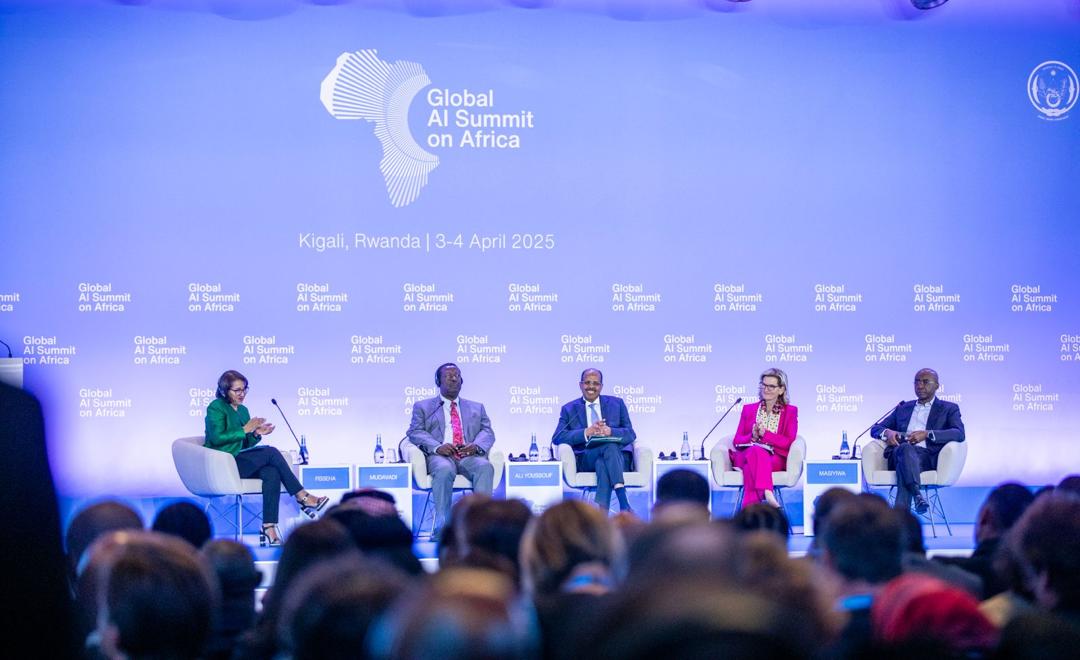A wave of sophisticated AI-driven cyberattacks is sweeping across Africa, raising urgent concerns about digital security as the continent embraces rapid technological advancement. According to a new Microsoft Digital Defense Report, cybercriminals are leveraging artificial intelligence particularly deepfakes and voice cloning to orchestrate fraud, disinformation campaigns, and election interference, with 189 documented incidents across 39 African nations in the past year alone. The report, trending widely on platforms like X, has ignited calls for stronger regulations and localized AI defenses to safeguard Africa’s digital future.
The report highlights a sharp rise in AI-enhanced threats, including deepfake videos and audio impersonations used to manipulate public opinion or defraud businesses and individuals. In Nigeria and South Africa, two of Africa’s largest digital economies, cybercriminals have targeted financial institutions and electoral processes, exploiting AI tools to create convincing forgeries. For instance, voice cloning has been used to mimic corporate executives, tricking employees into authorizing fraudulent transactions. In Kenya, disinformation campaigns powered by AI-generated content have aimed to sway public sentiment ahead of local elections, underscoring the technology’s dual-edged nature.
On X, analytics accounts like @SeefinishPublyk have dubbed the report a “wake-up call,” with posts garnering thousands of engagements. “AI is a game-changer, but it’s also arming criminals faster than we can defend,” one viral post read, echoing sentiments from tech communities across Lagos, Nairobi, and Johannesburg. The hashtag #AfricaCyberSec is gaining traction, with users urging governments to prioritize cybersecurity infrastructure alongside AI adoption.
Experts cited in the report warn that Africa’s growing reliance on AI projected to contribute $2.9 trillion to the continent’s economy by 2030 makes it a prime target for cybercriminals. Unlike traditional cyberattacks, AI-powered threats are harder to detect due to their ability to mimic human behavior with uncanny accuracy. “Deepfakes can bypass conventional security checks, and most African organizations lack the tools to counter them,” said Dr. Aisha Bello, a cybersecurity analyst based in Abuja. She emphasized the need for homegrown AI solutions tailored to African contexts, rather than relying solely on Western technologies.
The Microsoft report also points to regulatory gaps as a key vulnerability. While countries like Rwanda and Kenya are advancing AI policies through initiatives like the African Declaration on AI, enforcement remains inconsistent. Only a handful of nations have robust data protection laws, leaving many vulnerable to exploitation. The report calls for public-private partnerships to develop AI-driven defense systems, including real-time threat detection and public awareness campaigns to combat disinformation.
On the ground, some organizations are already taking action. In South Africa, tech hubs like Cape Town’s Silicon Cape are piloting AI-based fraud detection systems for local banks. In Nigeria, startups like CyberSafe Foundation are training small businesses to recognize AI-generated scams. However, experts stress that scaling these efforts requires significant investment in infrastructure and skills training challenges compounded by the fact that 600 million Africans still lack reliable electricity, let alone access to advanced cybersecurity tools.
The conversation on X reflects a mix of concern and optimism. Tech influencers like @TechCabal and @QhalaHQ are pushing for a balanced approach, advocating for AI’s potential to drive economic growth while urging vigilance against its misuse. “Africa’s AI revolution is unstoppable, but we need to secure the foundation first,” tweeted @QhalaHQ, a Nairobi-based digital transformation firm.
As Africa stands at the cusp of an AI-driven transformation, the Microsoft report serves as a stark reminder: the same technology fueling innovation can also amplify risks. With the Africa AI Village summit in Angola next week set to discuss a $60 billion AI investment fund, cybersecurity is expected to take center stage. For now, stakeholders across the continent are rallying to ensure that Africa’s digital leap doesn’t come at the cost of its security.




